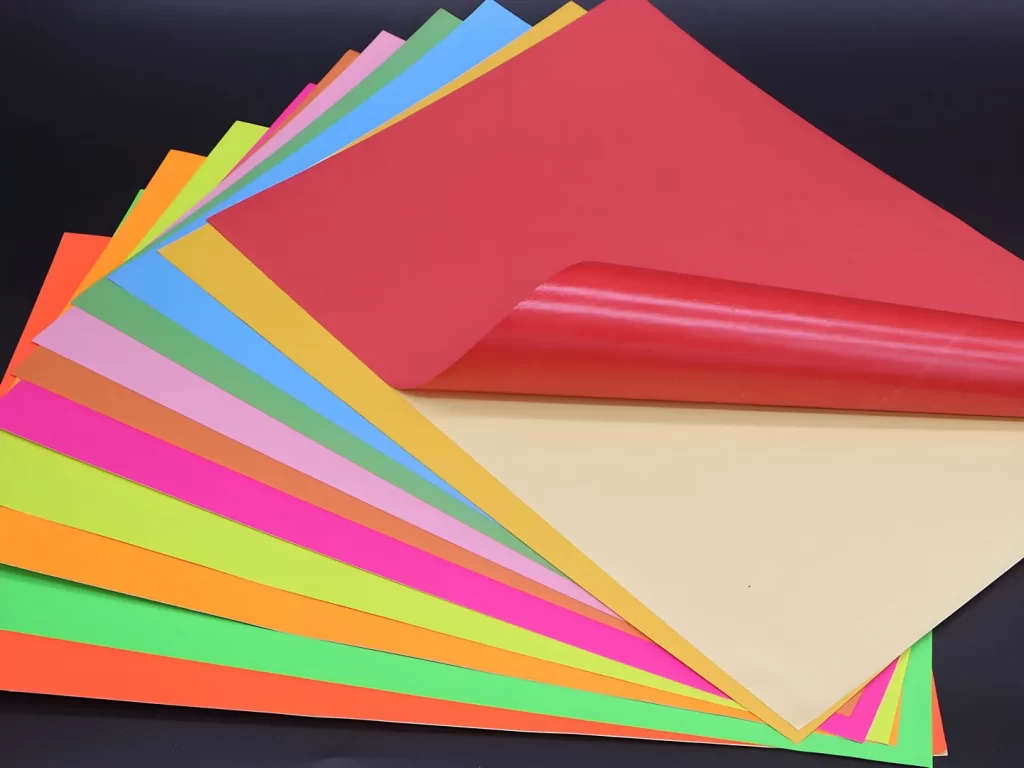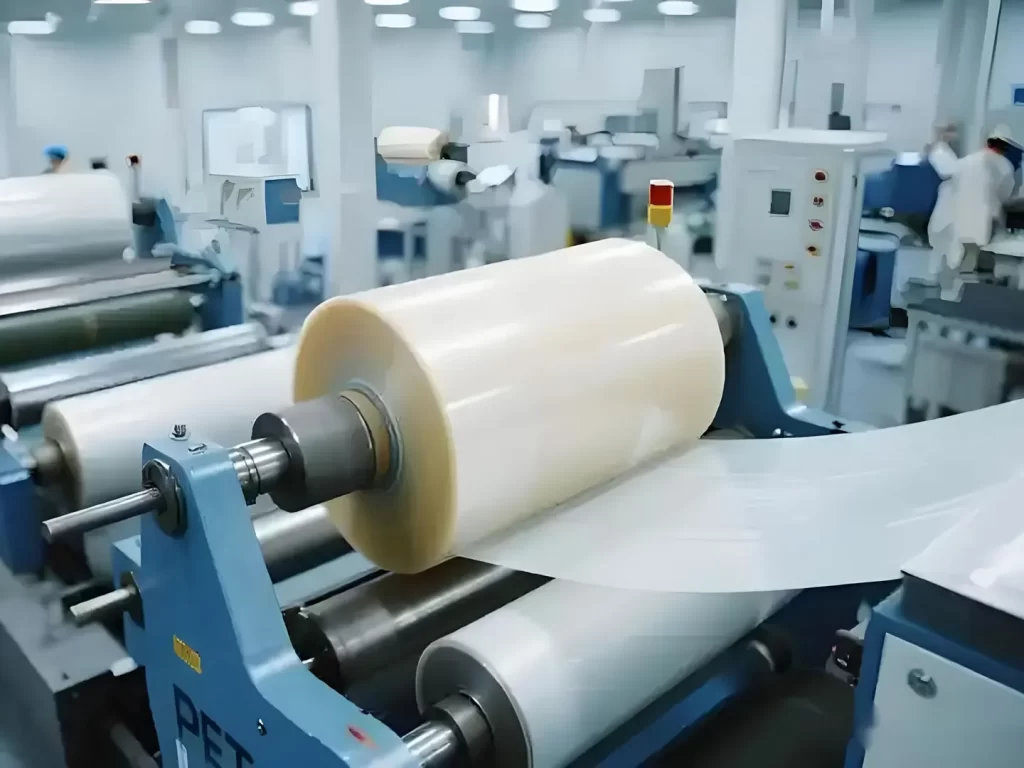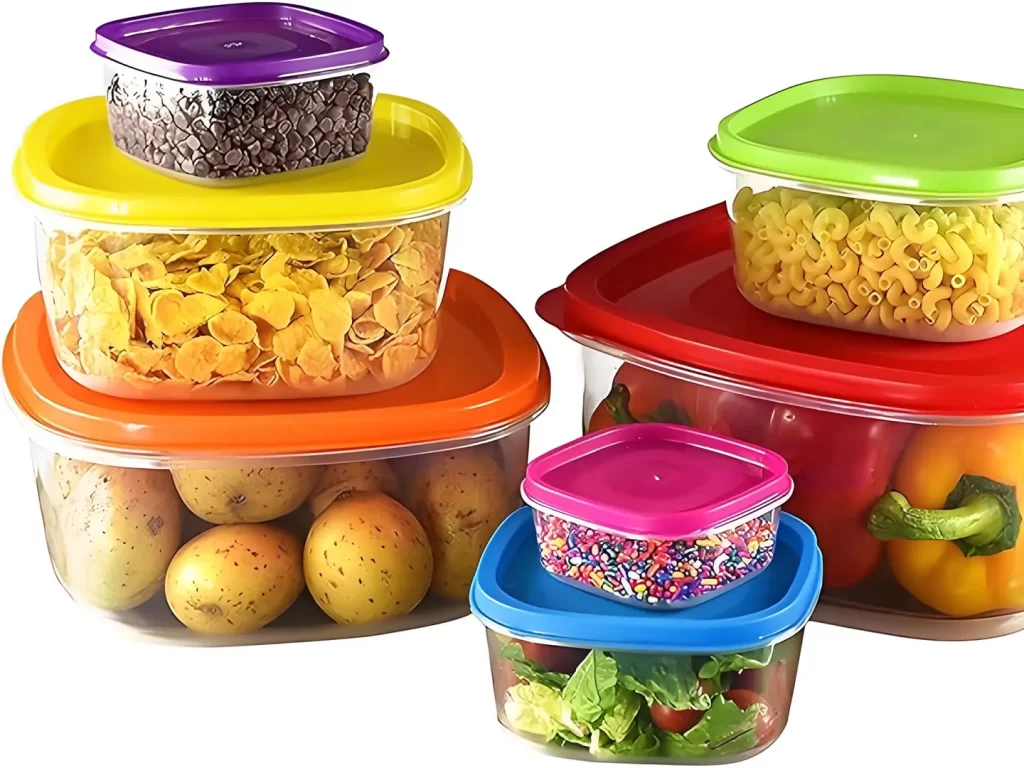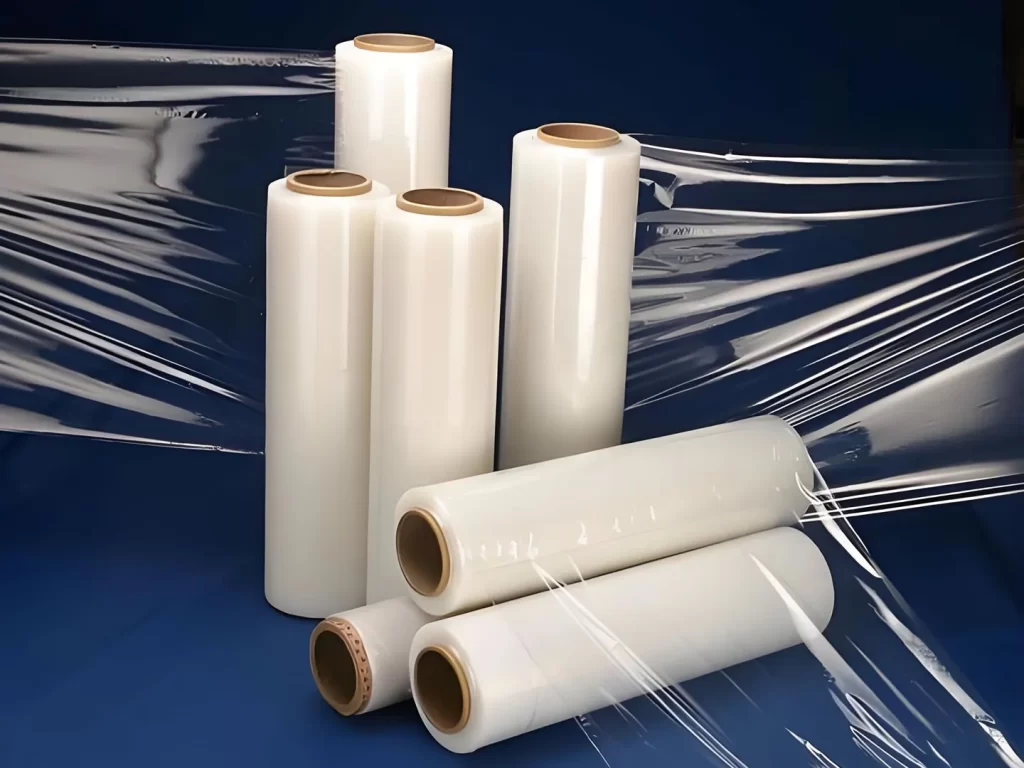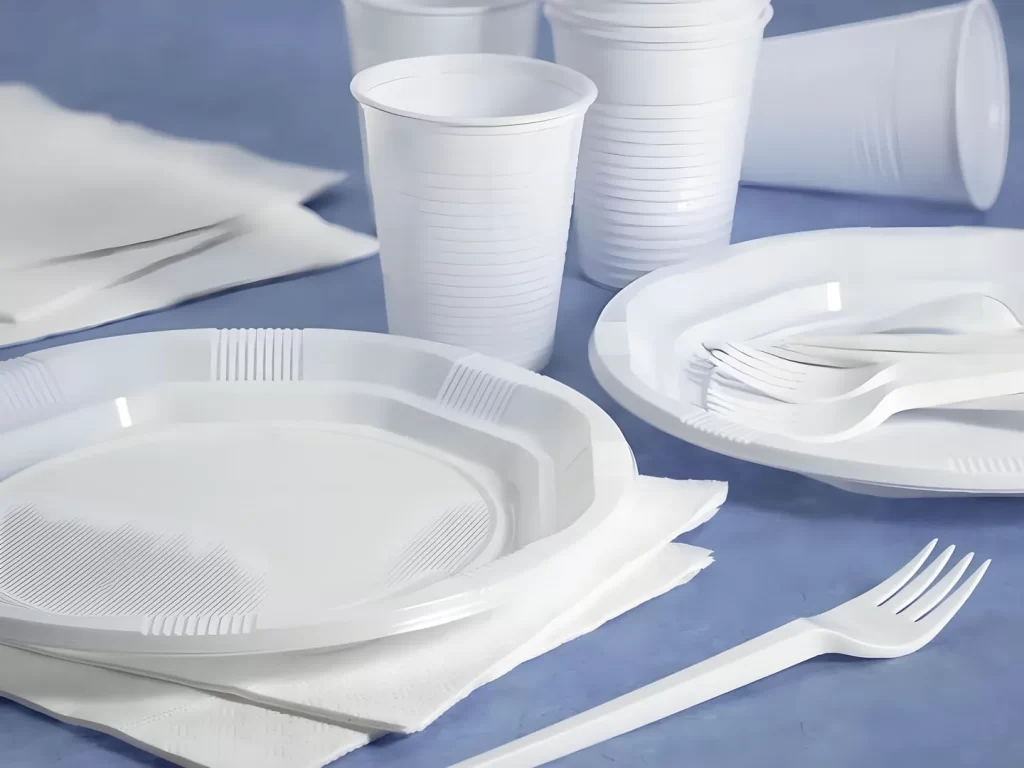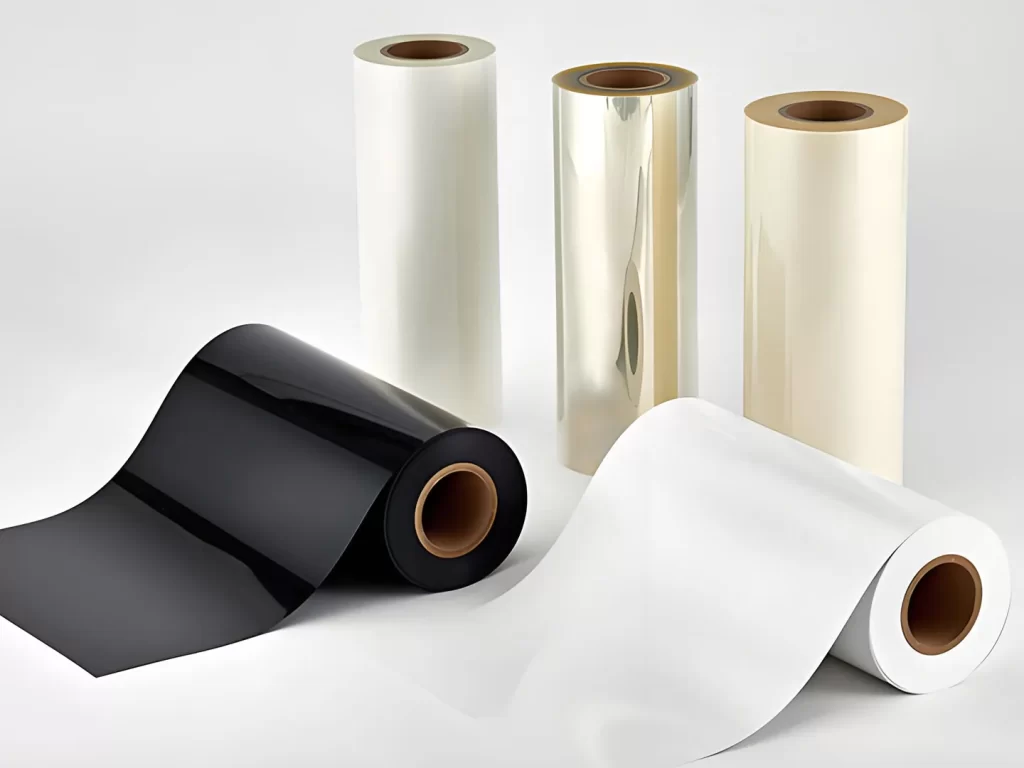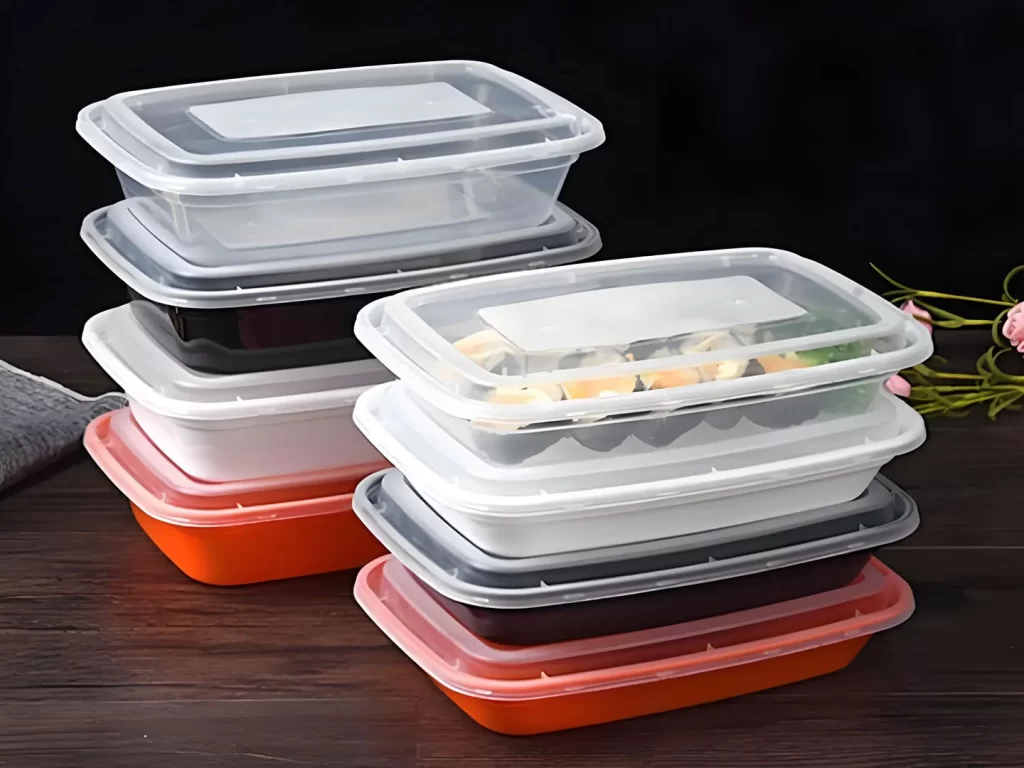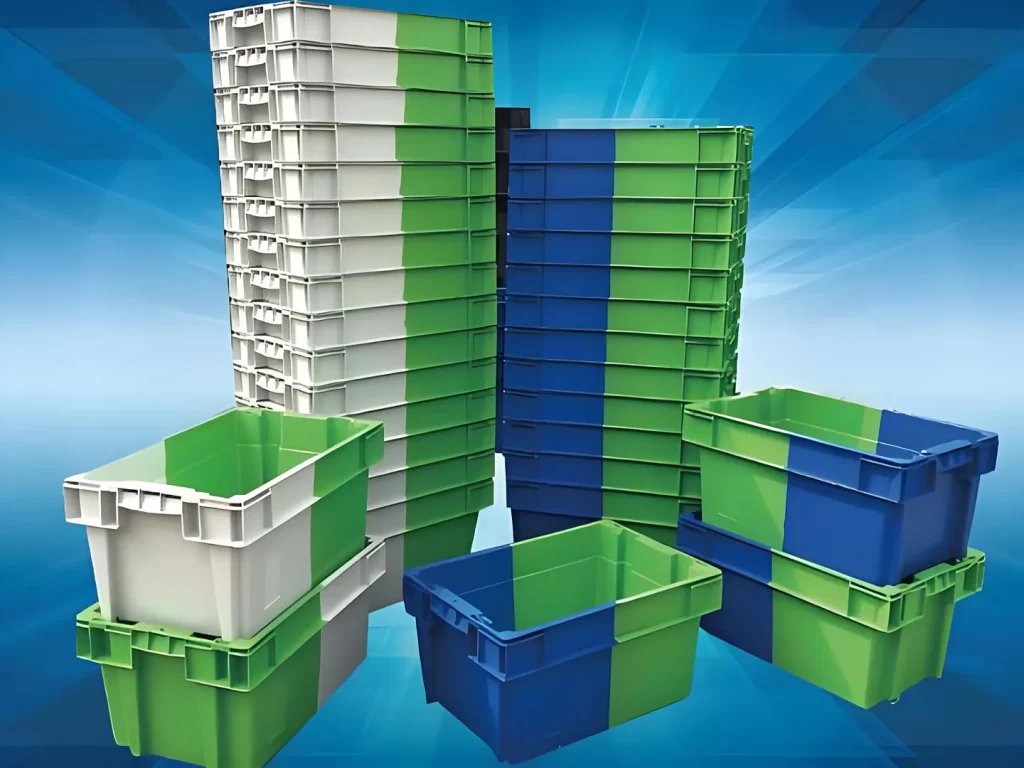General-Purpose Plastics
- Polypropylene (PP): Lightweight, high-strength, and heat-resistant (100-120°C), suitable for packaging containers, food containers, and more.
- Polyethylene (PE): Divided into low-density polyethylene (LDPE) and high-density polyethylene (HDPE). LDPE offers excellent processing properties but poor airtightness and is commonly used in films and flexible packaging; HDPE offers high strength and heat resistance and is used for packaging large containers.
- Polystyrene (PS): Highly transparent and commonly used in disposable tableware, toys, and other products.
Specialty Plastics
- PET (Polyethylene Terephthalate): Highly heat-resistant and strong, used as the outer substrate for retort packaging.
- PA (Nylon): High-temperature resistant and flexible, used for vacuum packaging and high-temperature retort applications.
- PVDC: Excellent barrier properties, often used in combination with PET, PA, and other materials to enhance moisture resistance and aroma retention.
Functional Materials
- Aluminized Film: Metallized film enhances barrier properties and is used for cosmetics and dry food packaging.
- Flocking material: Used in precision packaging for electronic components, it provides both cushioning and anti-static properties.
Different plastics require a composite process to combine their properties. For example, food packaging often utilizes a multi-layer composite structure (such as PET/CPP/VMPET) to balance barrier properties, heat sealability, and cost.




